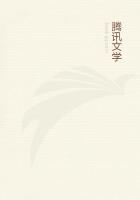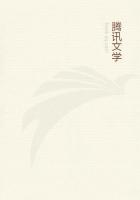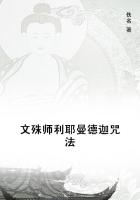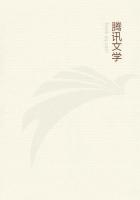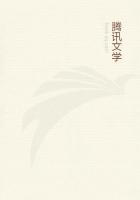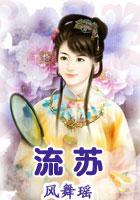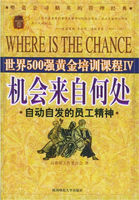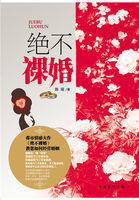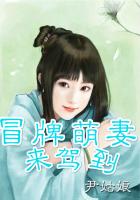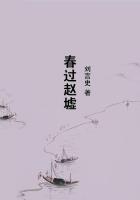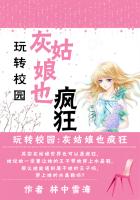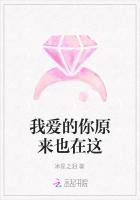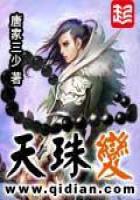Arnold of Villanova was one of the most prolific writers of the Middle Ages. He had travelled much, was deeply read in Arabic medicine and was also a student of law and of philosophy. He was an early editor of the Regimen Sanitatis, and a strong advocate of diet and hygiene. His views on disease were largely those of the Arabian physicians, and we cannot see that he himself made any very important contribution to our knowledge; but he was a man of strong individuality and left an enduring mark on mediaeval medicine, as one may judge from the fact that among the first hundred medical books printed there were many associated with his name. He was constantly in trouble with the Church, though befriended by the Popes on account of his medical knowledge. There is a Bull of Clement V asking the bishops to search for a medical book by Arnold dedicated to himself, but not many years later his writings were condemned as heretical.
In Henri de Mondeville we have the typical mediaeval surgeon, and we know his work now very thoroughly from the editions of his "Anatomy" and "Surgery" edited by Pagel (Berlin, 1889-1892), and the fine French edition by Nicaise (Paris, 1893). The dominant Arabic influence is seen in that he quotes so large a proportion of these authors, but he was an independent observer and a practical surgeon of the first rank. He had a sharp wit and employed a bitter tongue against the medical abuses of his day.
How the Hippocratic humors dominated practice at this time you may see at a glance from the table prepared by Nicaise from the works of de Mondeville. We have here the whole pathology of the period.
===============================================================
TABLEAU DES HUMEURS
D'APRES H. DE MONDEVILLE
Flegme naturel.
F. aqueux.
Flegme F. mucilagineux.
F. vitreux.
Flegme non naturel F sale.
F. doux.
F. pontique, 2 especes.
F. acide, 2 especes.
Bile naturelle.
Bile B. citrine.
B. vitelline Bile non naturelle B. praline.
B. aerugineuse.
B. brulee, 3 especes.
Sang naturel. non naturel, 5 especes.
Melancolie naturelle. non naturelle, 5 especes.
===============================================================
A still greater name in the history of this school is Guy de Chauliac, whose works have also been edited by Nicaise (Paris, 1890). His "Surgery" was one of the most important text-books of the late Middle Ages. There are many manuscripts of it, some fourteen editions in the fifteenth century and thirty-eight in the sixteenth, and it continued to be reprinted far into the seventeenth century. He too was dominated by the surgery of the Arabs, and on nearly every page one reads of the sages Avicenna, Albucasis or Rhazes. He lays down four conditions necessary for the making of a surgeon--the first is that he must be learned, the second, expert, the third that he should be clever, and the fourth that he should be well disciplined.
You will find a very discerning sketch of the relation of these two men to the history of surgery in the address given at the St.
Louis Congress in 1904 by Sir Clifford Allbutt.[20] They were strong men with practical minds and good hands, whose experience taught them wisdom. In both there was the blunt honesty that so often characterizes a good surgeon, and I commend to modern surgeons de Mondeville's saying: "If you have operated conscientiously on the rich for a proper fee, and on the poor for charity, you need not play the monk, nor make pilgrimages for your soul."
[20] Allbutt: Historical Relations of Medicine and Surgery, London, Macmillan Co., 1905.
One other great mediaeval physician may be mentioned, Peter of Abano (a small town near Padua, famous for its baths). He is the first in a long line of distinguished physicians connected with the great school of Padua. Known as "the Conciliator," from his attempt to reconcile the diverse views on philosophy and medicine, he had an extraordinary reputation as a practitioner and author, the persistence of which is well illustrated by the fact that eight of the one hundred and eighty-two medical books printed before 1481 were from his pen. He seems to have taught medicine in Paris, Bologna and Padua. He was a devoted astrologer, had a reputation among the people as a magician and, like his contemporary, Arnold of Villanova, came into conflict with the Church and appears to have been several times before the Inquisition; indeed it is said that he escaped the stake only by a timely death. He was a prolific commentator on Aristotle, and his exposition of the "problems" had a great vogue. The early editions of his texts are among the most superb works ever printed. He outlived his reputation as a magician, and more than a century after his death Frederick, Duke of Urbino, caused his effigies to be set up over the gate of the palace at Padua with this inscription:
PETRUS APONUS PATAVINUS PHILOSOPHIAE MEDICINAEQUE SCIENTISSIMUS, OB IDQUE, CONCILIATORIS NOMEN ADEPTUS, ASTROLOGIAE VERO ADEO PERITUS, UT IN MAGIAE SUSPICIONEM INCIDERIT, FALSOQUE DE HAERESI POSTULATUS, ABSOLUTUS FUERIT.[21]
[21] Naude: History of Magick, London, 1657, p. 182, or the original: Apologie pour les grands hommes soupconnez de magic, e.g., ed. Amst., 1719, p. 275.
It is said that Abano caused to be painted the astronomical figures in the great hall of the palace at Padua.
One characteristic of mediaeval medicine is its union with theology, which is not remarkable, as the learning of the time was chiefly in the hands of the clergy. One of the most popular works, the "Thesaurus Pauperum," was written by Petrus Hispanus, afterwards Pope John XXI. We may judge of the pontifical practice from the page here reproduced, which probably includes, under the term "iliac passion," all varieties of appendicitis.

